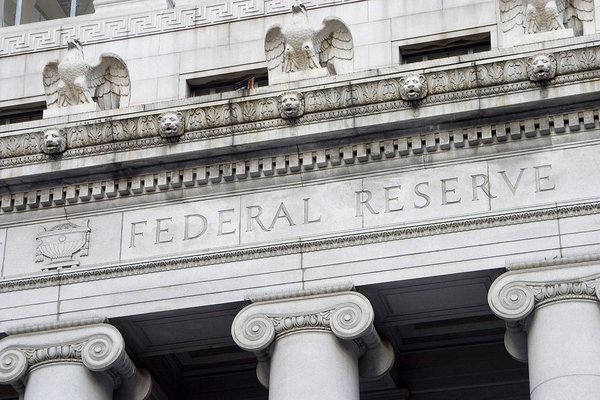View Sale Announcement Detail


Archived news
EXCERPT: A recent statement from federal regulators points to the potential use of alternative data in loan underwriting practices to help more consumers gain access to credit.
 A recent document issued by federal regulators, including the Federal Reserve, describes the potential use of alternative data in underwriting practices.
A recent document issued by federal regulators, including the Federal Reserve, describes the potential use of alternative data in underwriting practices.
Federal regulators have traditionally been concerned about following consumer protection laws in terms of underwriting practices, but in a recent statement, it seems that they're more open to lenders using alternative data to assess consumer creditworthiness.
Using alternative data, such as rent payments, phone payments, education level, and other attributes not on credit reports, and applying artificial intelligence (AI), to determine creditworthiness of borrowers has lingered in regulatory purgatory, particularly when it comes to fintechs. But the recent document issued by federal agencies paints the picture of a more open-minded approach to the use of various forms of financial information.
Alternative data includes information that is not generally found in consumers' credit reports or submitted by consumers who apply for credit. Instead, it may also include data directly from bank account records and cash flow.
Financial Firms and Consumers May Benefit From the Use of Alternative Data
The use of alternative data can be beneficial for financial institutions - including banks and fintechs - by allowing for utilization of alternative credit criteria . But it can also benefit consumers by enabling them to obtain a broader range of financial products as well as better terms and prices.
The guidance from regulators - which includes the Federal Reserve, the Consumer Financial Protection Bureau, the Office of the Comptroller of the Currency, the Federal Deposit Insurance Corporation, and the National Credit Union Administration - outlines the potential advantages of using alternative data for consumers. Considering the document's tone, financial institutions may see it as a go-ahead to use certain practices that have traditionally been considered a grey area.
According to the regulators involved, a comprehensive management program that adheres to regulations can ensure that financial institutions fully comprehend the benefits, risks, and compliance requirements before the use of alternative data.
 Millions of consumers rely on alternative banking to gain access to credit products.
Millions of consumers rely on alternative banking to gain access to credit products.
Alternative Data May Help Ease the Challenges That the Underbanked Face
Approximately 45 million Americans do not have access to credit, and fintech lenders have been increasingly filling this gap by offering alternative options. Fintechs have continued to see continuous growth, comprising approximately 38 percent of the unsecured personal loan market, according toTransUnion. That said, there is still a significant issue when it comes to consumer access to credit.
With alternative data involved in the underwriting process, perhaps such a financial inclusion issue may be softened somewhat. The federal agencies said they understood that the use of alternative data could play a vital role in the accuracy and speed with which credit decisions are made. Further, this could help financial institutions evaluate the creditworthiness of consumers who are unable to access credit in the traditional system. That said, regulators are still approaching such a notion with caution.
This is good news for financial institutions, particularly fintechs, which have long argued that depending solely on conventional underwriting sources leaves many consumers in the dust. Rather than placing so much weight on credit reports, many firms look at cash-flow data in addition to other alternative information to determine the creditworthiness of the consumers they are serving.
Regulators still stress the importance of adhering to current consumer protection laws and reminded financial firms that risks still exist by using alternate data. But they also mentioned that not all uses of alternative data would necessarily present as many risks, such as using data that is directly tied to consumers' finances.
Banks and Fintechs Encouraged to Revisit Their Loan Portfolios
Banks and fintechs may be able to take advantage of alternative data to help the underbanked gain access to credit. Still, there remains the importance of regularly revisiting loan portfolios to assess the strength of the assets already on the books and those that are being added to them.
Any risky and under-performing assets should be sold off and replaced with shorter-term assets that present greater potential. Garnet Capital can help firms find qualified loan asset buyers and sellers to help create a robust loan portfolio that is both profitable and resistant to risk.
Sign up for our newsletter today.

